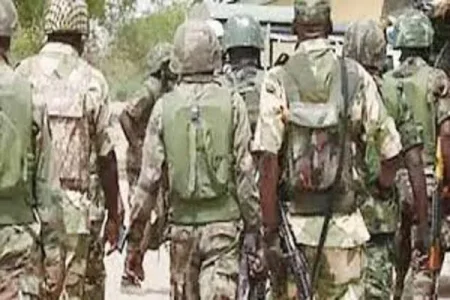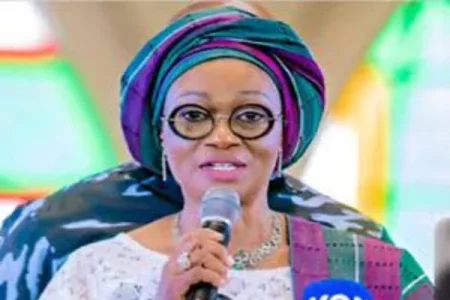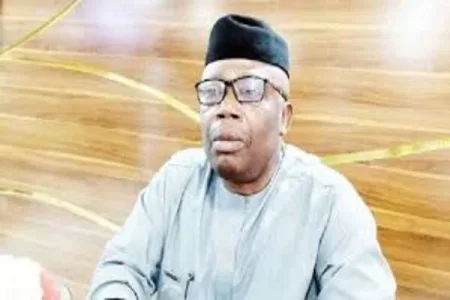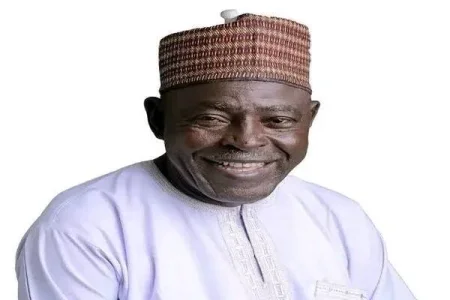
An exclusive account from a leader of the Okuama community in Delta State sheds light on the tragic events that unfolded on March 14, resulting in the deaths of 17 soldiers and numerous villagers. According to the unnamed leader, the violence stemmed from a land dispute involving a leader from Okoloba in Bomadi Local Government Area. Allegedly, this individual, embroiled in the dispute, orchestrated the arrival of soldiers to Okuama to pursue a personal agenda.
The Okuama leader clarified that the soldiers arrived under the pretext of investigating a kidnapping complaint, purportedly made by an Ijaw leader and individuals from Okoloba. After conducting a fruitless search of the community, tension escalated when the soldiers insisted on taking Okuama's community leaders with them. The community, wary of their intentions, objected, leading to a confrontation that culminated in gunfire.
Amidst the chaos, additional speedboats approached the community, engaging both soldiers and Okuama residents in a violent clash near the waterside. The leader lamented the loss of lives and the devastation inflicted upon the community, including the burning and demolition of homes by the military.
Furthermore, the leader vehemently denied any association between Okuama and the Bayelsa-based militant leader, Amagbein, whose photo appeared on the Defence Headquarters' wanted list. The account also addressed the ongoing crisis surrounding the selection of a king for the Ewu Kingdom, emphasizing Okuama's lack of involvement in the matter.
Additionally, residents called upon the military to allow access to the community for proper burial rites for the deceased, expressing their desire to mourn and lay their loved ones to rest. The eyewitness's testimony offers a sobering perspective on the complexities underlying the Okuama killings, highlighting the impact of land disputes and military intervention on local communities in Delta State.




